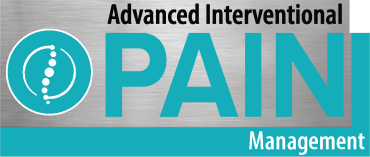Managing a painful condition often involves more than simply getting treatment. You also need to evaluate your options. If you are considering radio frequency ablation for neck pain, you probably have some questions.
While you can review details about the procedure with any of the pain management doctors in Arkansas, this short guide will help you understand the procedure and what to expect after radiofrequency ablation.
The Procedure
The radio frequency ablation procedure is mildly invasive procedure. It can be performed as an outpatient service with a little sedation and a local anesthetic. Usually the doctor will use a live x-ray machine (also called fluoroscopy) that lets him or her target the right nerves and place the needle precisely. Once in place, electric current passes through the needle, creating a heat lesion on an affected nerve. This lesion disrupts the ability for pain signals to pass through the nerve. The doctor repeats the procedure for each affected nerve in the area. From start to finish, the entire radio frequency ablation procedure takes roughly 60 minutes and you can go home the same day.
Possible Complications
It is pretty rare to experience complications from radio frequency ablation. The most common issue is a type of pain in the area that feels like a sunburn. This can last for a few weeks and it occurs in approximately 4 percent of patients. Other potential issues include numbness in the area or worsened pain – but again, these complications do not happen frequently.
Pain Relief
Radio frequency ablation can be extremely effective, but you should know that radio frequency ablation does not result in immediate pain cessation. It can take as long as three weeks for the nerve connection to die off completely. Even then, you should expect some weakness in the area for several weeks after the procedure.
Going Forward
Moreover, radio frequency ablation can be only a temporary fix. In time, the nerves will grow back together. While it is possible that you will not experience the same pain you once did, it is possible that you will. In that case, a second radio frequency ablation can be done without complication or difficulty.
If you have any questions about radiofrequency ablation for neck pain, contact Advanced Interventional Pain Management by calling (501) 624-7246. Our practice includes some of the best pain management doctors in Arkansas. We can help you understand what to expect after radiofrequency ablation and make an informed decision based on your condition.

